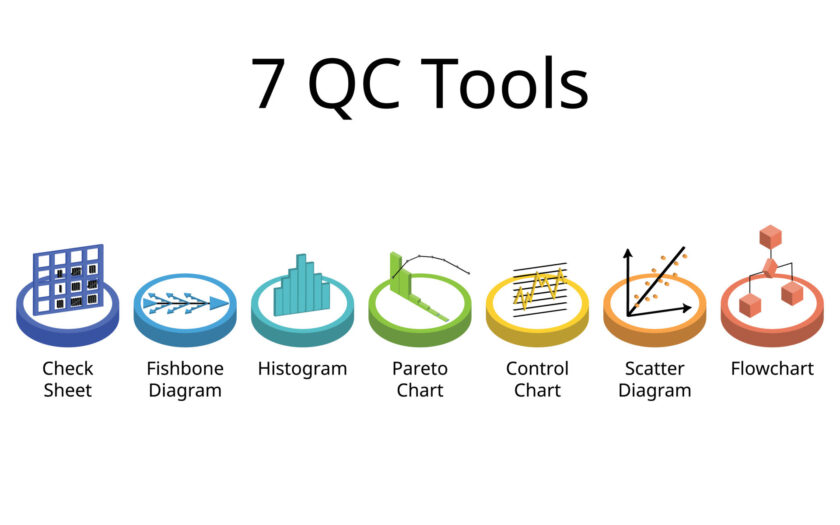MongoDB is a popular NoSQL database known for its flexibility, scalability, and performance. It is designed to handle large volumes of unstructured and semi-structured data, making it ideal for modern applications that require agile data …
Continue readingAuthor: Gaurav Saini
NoSQL Databases: Types, Benefits, and Use Cases
NoSQL databases have gained significant traction in recent years, driven by the need for flexible, scalable data storage solutions. Unlike traditional relational databases, NoSQL databases are designed to handle a variety of data formats and …
Continue readingRelational Databases: Structure, Benefits, and Use Cases
Relational databases have played a crucial role in data management since their inception, evolving to meet the growing demands of businesses and technology. This article explores the history, core features, advantages, and common use cases …
Continue readingTypes of databases
Here’s a concise overview of the main types of databases: Each type serves different needs based on data structure, scalability, and application requirements.
Continue readingMySQL: A Comprehensive Guide for Beginners and Advanced Users
Introduction to MySQL MySQL is a robust and flexible open-source relational database management system (RDBMS) widely used for managing data in applications ranging from small personal projects to large enterprise systems. It supports a variety …
Continue readingOverview of SQL Server Management Studio (SSMS)
SQL Server Management Studio (SSMS) is a comprehensive integrated environment developed by Microsoft for managing SQL Server databases. It serves as an essential tool for database administrators, developers, and data analysts, facilitating efficient handling of …
Continue readingUnlocking the Secrets of Data Management with SQL
What is SQL and Why is it Important in Today’s Data-Driven World? SQL, or Structured Query Language, is the go-to language for managing and manipulating relational databases. In a world overflowing with data, SQL empowers …
Continue readingUnderstanding SQL: The Language of Relational Databases
What is Data? Data refers to any collection of information. It can be anything measurable or describable. For example, if we say a person is 22 years old, that information is considered data. So, data …
Continue reading
Mastering Quality: Unveiling the 7 QC Tools of Excellence
The 7 QC (Quality Control) tools, also known as the 7 Basic Tools of Quality, are a set of techniques used for process improvement and problem-solving in various industries. These tools are fundamental in identifying, …
Continue reading
Hybrid Vehicles: Bridging the Gap to Sustainable Mobility
In the quest for environmentally friendly transportation solutions, hybrid vehicles have emerged as a significant innovation, offering a balance between fuel efficiency and performance. Combining traditional internal combustion engines with electric propulsion systems, hybrid vehicles …
Continue reading